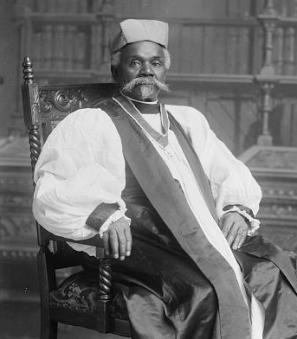Arlington's Roberta Flack Gets Her Start at Mr. Henry's
In the Washington, D.C. area, she’s often called, “Our Roberta,” a brown-skinned, florescent woman with a striking Afro, working as an image of her singing style.
Born in Asheville, North Carolina, Roberta Flack started playing the piano at an early age. When she was five, her family moved to the Nauck community in Arlington and she took up the organ, lending her musical talents to Macedonia Baptist Church. At 15, she entered Howard University with a full music scholarship and, by 19, she was a college graduate.
She accepted a teaching position in a segregated school district in Farmville, North Carolina and wound up being the only music teacher for 1300 students, kindergarten through 12th grade. “I lost 40 pounds and almost had a nervous breakdown but we did some beautiful things that year.”[1]
Flack returned to Washington and taught at Rabaut Junior High School and Brown Junior High School. In the evenings, she started performing – first at the Tivoli Theatre in Columbia Heights and then at Mr. Henry’s, a Capitol Hill nightclub at 6th and Pennsylvania Ave, SE, which was owned by Henry Yaffe.
The atmosphere in Mr. Henry’s was welcoming and the club turned into a showcase for the young music teacher. Her voice mesmerized locals and word spread. A-list entertainers who were appearing in town would come in late at night to hear her sing (frequent visitors included Woody Allen, Bill Cosby, Ramsey Lewis and others).
As Yaffe recalled, “She told me if I could give her work there three nights a week, she would quit teaching.”[2] He did and she did.
To meet Roberta’s exacting standards, Yaffe transformed the apartment above the bar into the Roberta Flack Room. “I got the oak paneling from the old Dodge Hotel near Union Station. I put in heavy upholstered chairs, sort of a conservative style from the 50s and an acoustical system designed especially for Roberta. She was very demanding. She was a perfectionist.”[3]
She was also very modest, it seems. As she said after one Mr. Henry’s performance, “It makes me feel so humble. All these people came out to see me and I know they’ve got to go to work in the morning I don’t understand it except that maybe they dig my sincerity.”[4]
No doubt that was part of it but crowds also fell in love with her one-of-a-kind talent. As one reviewer put it, the audience was “thunderstruck by the sheer loveliness and glowing intensity of Roberta’s voice. It has a soothing, almost restorative quality. Its texture is soft as velvet but sturdy as iron. It has an unusual lissome grace and radiance, and her direct emotional approach touches people’s innermost feelings.”[5]
Jazz pianist Les McCann visited the club and was so taken by Flack’s performance that he arranged for her to audition with Atlantic Records. In 1969, she recorded her debut album, First Take. The music flowed naturally during the recording sessions. As she recalled later, it was a “very naive and beautiful approach... I was comfortable with the music because I had worked on all these songs for all the years I had worked at Mr. Henry’s.”
After the album’s release, Roberta continued to use Mr. Henry’s as a home base even as she began to travel extensively for performances. After gigs at the Montreux Pop Festival in Switzerland, Schafer Pop Festival in New York, Hampton Jazz Festival, Newport Jazz Festival in 1970, The Washington Post declared that “her soothing singing style is leading her to stardom.”[6]
For her part, Flack was resistant to such labels. “I don’t want to be a superstar. I’m part of the generation of entertainers who don’t believe in being stars. I don’t own any diamond rings or fur coats.”[7]
As it turned out, superstardom would come whether she wanted it or not.
In 1971, Clint Eastwood included “The First Time Ever I Saw Your Face” on the soundtrack for his film, Play Misty for Me in 1971. The song became a number one hit on the Hot 100 billboard chart in April 1972 and First Take rose to number one on the U.S. album chart – three years after it was first released (and several months after Roberta released her third album, Quiet Fire). A 40+ year career with four Grammy awards and numerous other distinctions have followed.
Not bad for a music teacher and church organist from Arlington, Virginia!
Special thanks to Dr. Alfred O. Taylor who shared his memories of Roberta Flack from their time growing up in Nauck.
Footnotes
- ^ Crimmins, Margaret, “Roberta’s Music Must Have Message for All Who Hear.” The Washington Post, Times Herald, 19 Jul 1968: C1.
- ^ “Flack’s Musical Roots,” The Washington Post, 2 Oct 1997: B3.
- ^ Grove, Lloyd, “…Dot Follows Roberta and the Beat Goes On…” The Washington Post, 1 Oct 1982: W37.
- ^ West, Hollie I. “ROBERTA FLACK: her soothing singing style is leading her to stardom.” The Washington Post, 2 Aug 23 1970: F1.
- ^ West, Hollie I. “ROBERTA FLACK: her soothing singing style is leading her to stardom.” The Washington Post, 2 Aug 23 1970: F1.
- ^ West, Hollie I. “ROBERTA FLACK: her soothing singing style is leading her to stardom.” The Washington Post, 2 Aug 23 1970: F1.
- ^ West, Hollie I. “ROBERTA FLACK: her soothing singing style is leading her to stardom.” The Washington Post, 2 Aug 23 1970: F1.


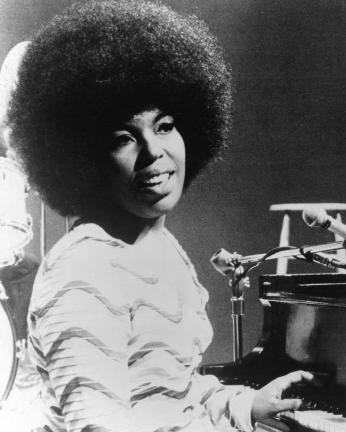
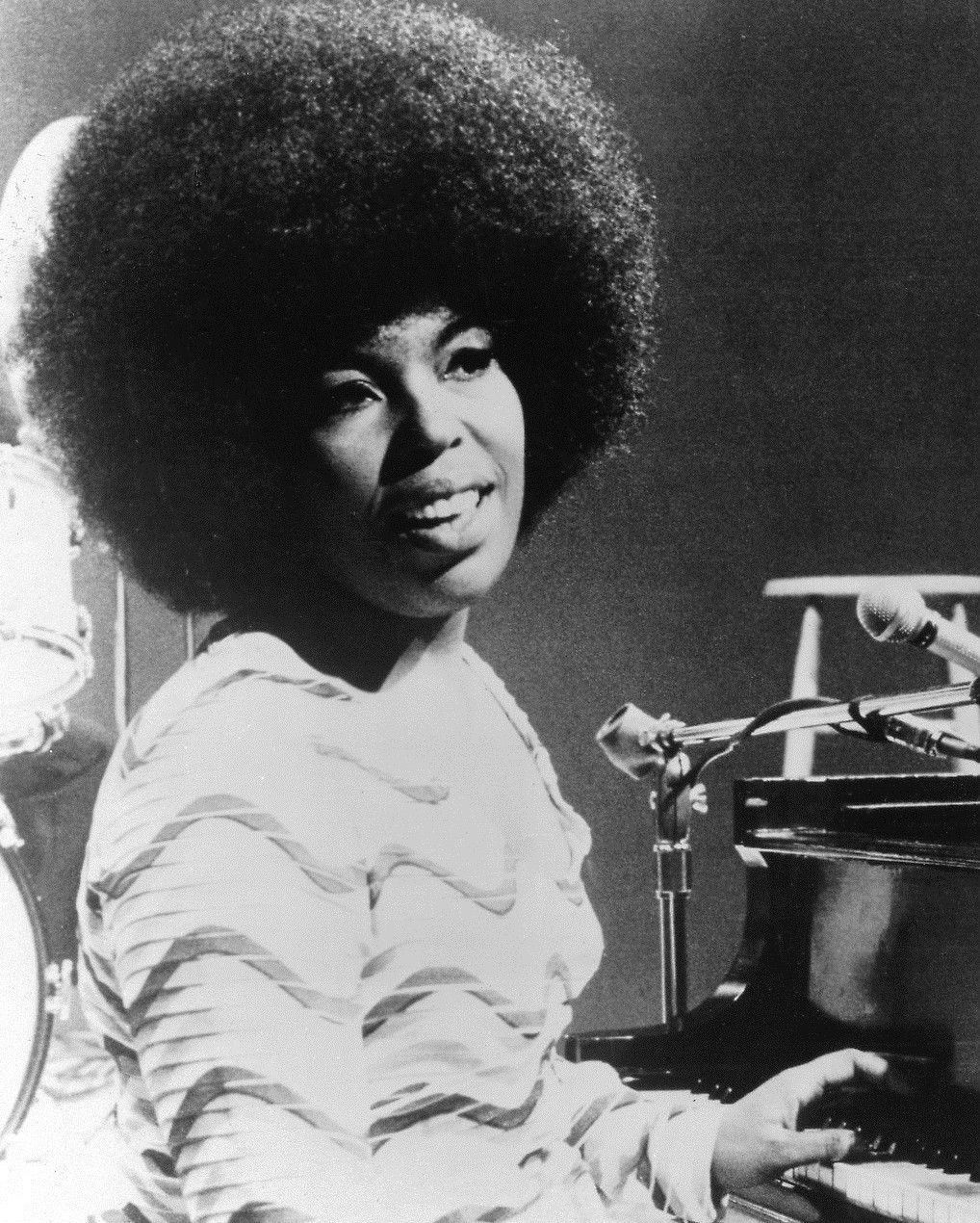
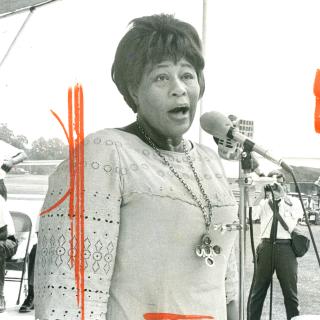
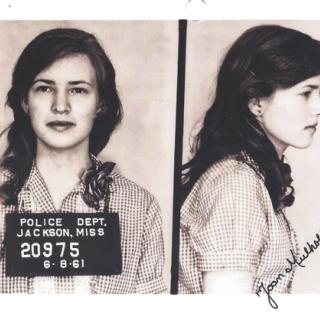
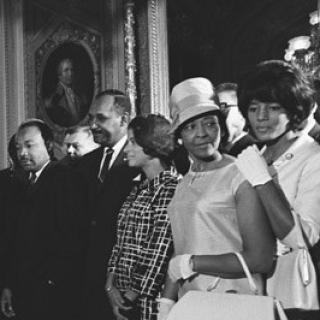
![Sketch of the mythical fuan by Pearson Scott Foresman. [Source: Wikipedia]](/sites/default/files/styles/crop_320x320/public/2023-10/Goatman_Wikipedia_Faun_2_%28PSF%29.png?h=64a074ff&itok=C9Qh-PE1)











